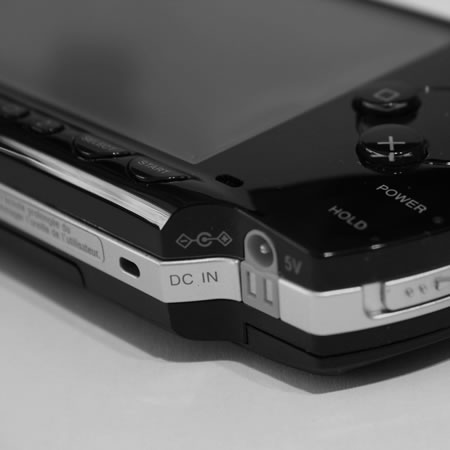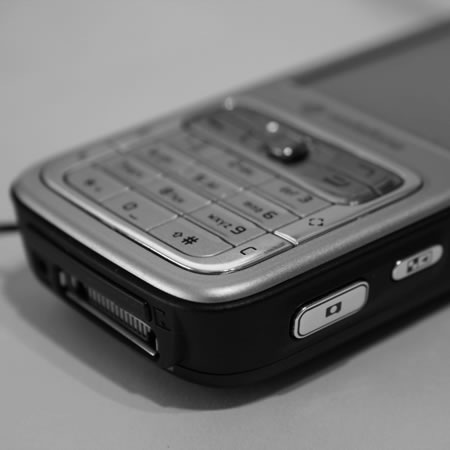gamesindustrybiz has an interesting and informative interview with Marco Minoli from Slitherine Software.
Slitherine Software are a games based company but with a slant.
Well, it’s very simple – we make history-based games. That’s our core, and I think while there are other companies who make a variety of products, we have a very clear idea of what we want to do. That’s what’s important for us – our licenses and the types of games we create.
It has to be cultural and entertaining – history is culture, and we don’t want people to notice that they’re actually learning something while they’re playing, that’s the goal. Because retail hates edutainment and culture, they just don’t like it. As soon as you say “culture” they tell you they won’t sell it.
The goal for us has always been to get people to learn by stealth, and movies like Gladiator or Saving Private Ryan – they’re entertainment, but they’re also giving some educational learning content too.
Though making a lot of PC software, they also see the PSP as having real potential as an edutainment device (though like most people I can’t stand the term edutainment).
But I think the PSP is more of a suitable platform right now, and I think at the moment it’s the console has the most potential to target new consumers.
From a learning perspective I do believe that the PSP has a lot to offer learners, and certainly my experiences with our MoLeNET Glossy project last year back this up, the PSP was the most used and popular mobile device we used, over other devices such as the iPod touch and the Asus EeePC.
Will be interesting to see if the PSP starts to have more educationally orientated content, the Nintendo DS certainly at the moment seems to have more non-gaming titles in its catalogue, though PSP sales outsell DS according to Minoli.
I’ve seen sales charts for some territories now and a top ten PSP game sells more than a top ten Nintendo DS game.
What do you think, is the PSP the future of mobile learning?

Original source of news, PSP Fanboy.





